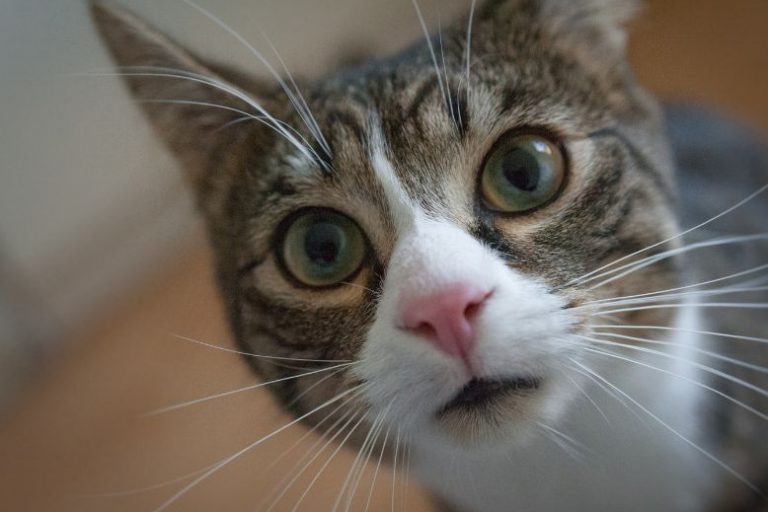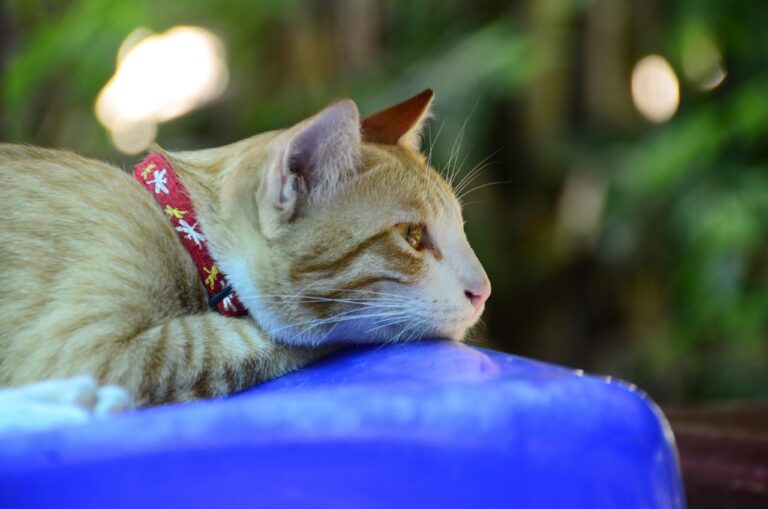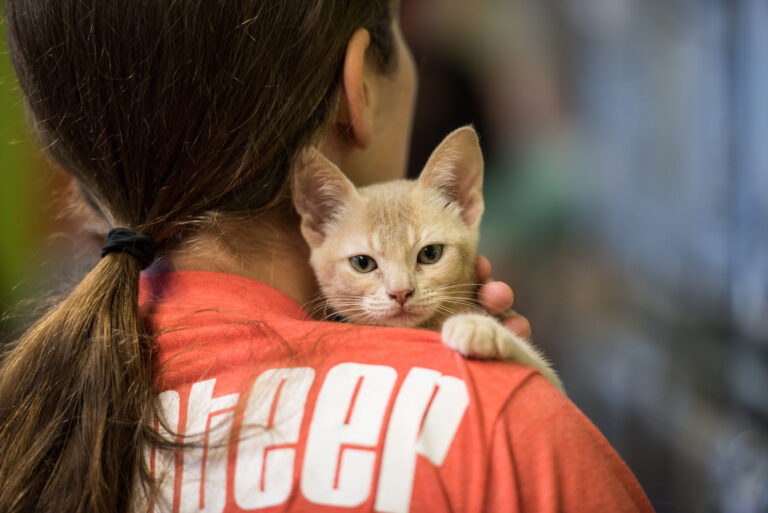As the days grow longer and sunshine streams through the windows, many of us feel the urge to freshen up our homes with a deep spring cleaning. But while you’re busy scrubbing, spraying, and disinfecting, your cat could be silently at risk. Many common household cleaning products contain chemicals that are toxic to cats, especially when inhaled, ingested, or absorbed through the paws.
Cats are curious by nature—they walk across wet floors, lick surfaces, and rub their faces on just about everything. This makes them especially vulnerable to chemical exposure. Before you start your seasonal tidy-up, here’s a guide to the cleaning agents you should never use around your cat—and safer alternatives to consider instead.
Table of Contents
Why Cats Are More Sensitive to Cleaning Products
Unlike dogs, cats lack certain liver enzymes that help break down and eliminate toxins. This makes them more sensitive to even low levels of chemicals. Because cats groom themselves frequently, they’re more likely to ingest anything that comes in contact with their fur or paws—making even indirect exposure a concern.
In addition, their smaller size, respiratory sensitivity, and habit of squeezing into tight spaces where fumes might concentrate all increase the risk of toxic exposure.
Top Household Chemicals That Are Harmful to Cats
1. Bleach and Chlorine-Based Products
Bleach is a powerful disinfectant but also a well-known respiratory and gastrointestinal irritant for cats. Just a few licks of diluted bleach or breathing in its strong fumes can cause drooling, vomiting, coughing, or worse. Chlorine vapors can linger on floors, countertops, and litter boxes—places cats frequent.
Safer alternative: Use diluted white vinegar or pet-safe enzyme cleaners for disinfecting surfaces.
2. Ammonia
Found in many glass cleaners, oven sprays, and floor strippers, ammonia produces strong fumes that can irritate your cat’s eyes, skin, and lungs. Ammonia exposure may lead to respiratory distress, especially in cats with asthma or other breathing issues.
Safer alternative: Opt for vinegar-based glass cleaners or products labeled ammonia-free and non-toxic to pets.
3. Phenols (Often in Disinfectant Sprays)
Phenol-based products (like those with names ending in “-sol,” including some pine-scented or citrus disinfectants) are especially dangerous to cats. Even small amounts can cause liver damage, and these compounds are easily absorbed through the skin or paws.
Safer alternative: Look for plant-based or veterinary-approved disinfectants. Always read labels and avoid anything that contains phenol, carbolic acid, or creosol.
4. Formaldehyde and Quaternary Ammonium Compounds
Used in some air fresheners, disinfectant sprays, and even fabric softeners, formaldehyde and “quats” (like benzalkonium chloride) can trigger severe allergic reactions, skin burns, and respiratory issues in cats. In high concentrations, they can be fatal.
Safer alternative: Skip heavily scented products and opt for fragrance-free or essential-oil-free cleaners designed for homes with pets.
5. Drain, Oven, and Toilet Bowl Cleaners
Highly corrosive and toxic, these cleaners can cause severe chemical burns, even from residual fumes. Cats might be attracted to toilet water or accidentally step into a still-wet sink or bathtub, then groom their paws.
Safety tip: Keep your cat out of the room during and after using these products. Flush or rinse thoroughly, and close toilet lids if you’ve used chemical tablets or cleaners.
How to Keep Cats Safe During Spring Cleaning
- Restrict access: Keep your cat out of the room while using strong cleaning products, and allow time for surfaces to dry and air out before letting them return.
- Store products securely: Don’t leave spray bottles or open containers within reach. Cats may knock them over or walk through spills.
- Read labels carefully: Look for products that are pet-safe, non-toxic, and biodegradable. If it doesn’t say “safe for pets,” assume it isn’t.
- Rinse thoroughly: After mopping floors or wiping surfaces, go over them again with a clean, damp cloth to remove any residue.
- Avoid essential oils: Even natural cleaners made with essential oils like tea tree, citrus, eucalyptus, or peppermint can be toxic to cats.
In Conclusion

A clean home feels refreshing in spring, but it should also be safe for your feline companion. Many everyday cleaners contain hidden hazards that can seriously affect your cat’s health—sometimes without obvious symptoms until it’s too late. With a few thoughtful swaps and safety measures, you can still deep-clean your space while protecting your cat from harm.
Choose pet-safe alternatives, clean with care, and always keep your cat’s curiosity in mind. That way, your spring cleaning can leave your home fresh—and your cat happy and healthy.







